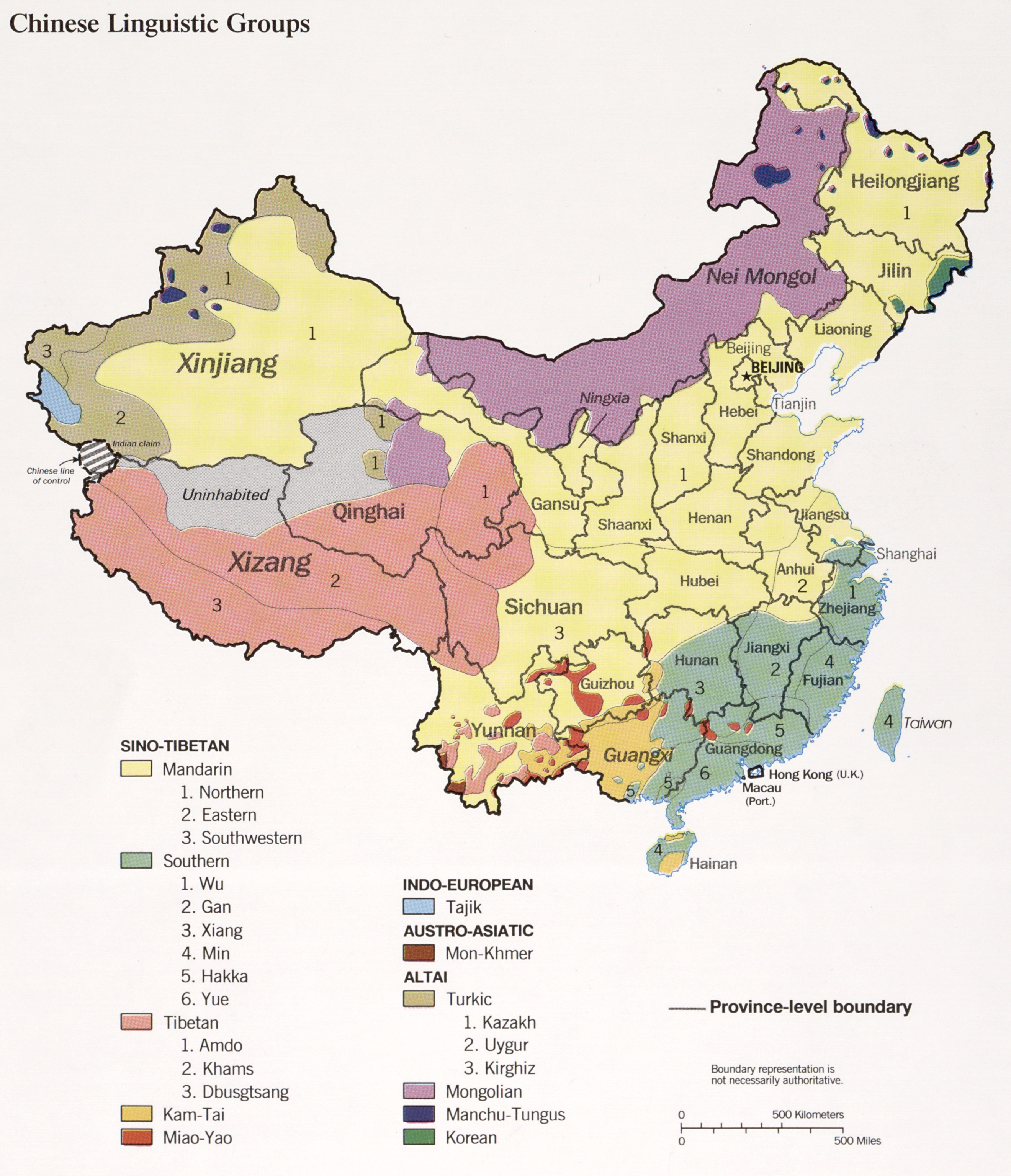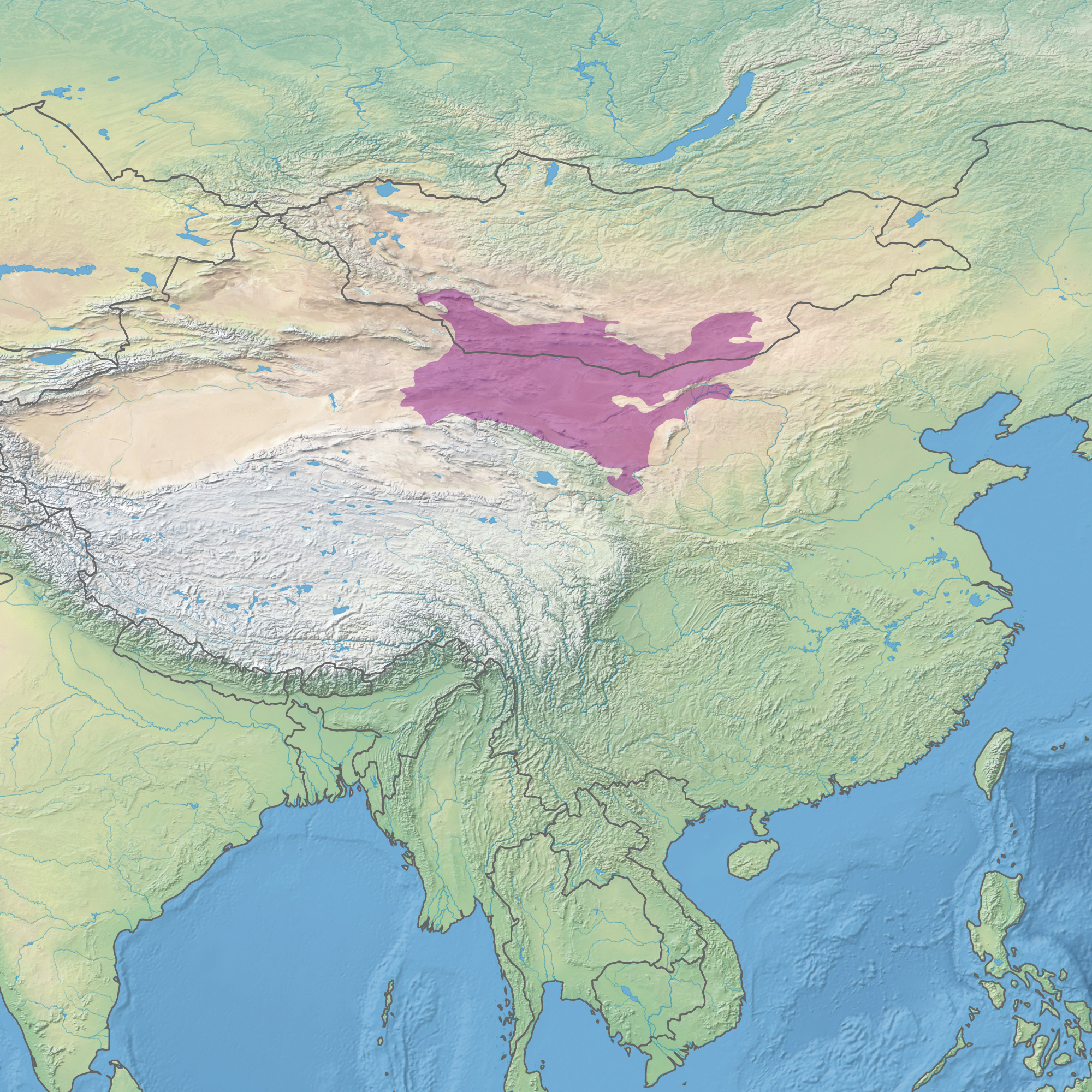|
Jalsan
Jalsan (November 16, 1947 – April 28, 2013) was a politician, scholar, and Buddhist leader (''tulku'') in the People's Republic of China. He was of Mongol ethnicity. Early life and education Jalsan was born in Tianzhu Tibetan Autonomous County, Gansu, on the 13th day of the 12th month in the lunar calendar. He went to Alxa League, Inner Mongolia in 1958 to attend primary school.. After his middle school graduation, he participated in the Down to the Countryside Movement. In 1978, he entered the M.A. programme in Mongolian language at the Inner Mongolia University. After his graduation, he went to Japan in 1985 to study for a further two years as an international student at the Tokyo University of Foreign Studies before returning to Gansu to study Tibetan at the Northwest University for Nationalities in 1988. Politics Jalsan served as a member of the Chinese People's Political Consultative Conference and the Standing Committee of the National People's Congress of the People' ... [...More Info...] [...Related Items...] OR: [Wikipedia] [Google] [Baidu] |
Chinggeltei
Chinggeltei (12 June 1924 – 27 December 2013; also Činggeltei, Chinggaltai, Chenggeltai, or Chenggeltei) was a professor of linguistics at the Inner Mongolia University in Hohhot, Inner Mongolia, People's Republic of China, focusing on the Mongolic languages. He was one of the founders of the university, and served as its first vice-rector. He was also a former member of the Standing Committee of China's National People's Congress. Early life and education Chinggeltei was born in Harqin Banner, Josotu, Inner Mongolia (now administratively part of Chifeng). He did his early studies at a Mongolian-medium school in Inner Mongolia, before going to Manchukuo. After completing his course there in 1939, he hoped to transfer to the Peking Mongolian and Tibetan School (, in Beijing); however, they would not accept students from Manchukuo. Eventually, he ended up enrolling in a teacher training course at the Houhe Mongolian Academy (; "Houhe" is an older Chinese name for Hohhot), which n ... [...More Info...] [...Related Items...] OR: [Wikipedia] [Google] [Baidu] |
Ethnic Mongols In China
Mongols in China or Mongolian Chinese () are ethnic Mongols who were integrated into the nation-building of the Republic of China (1912–1949) after the fall of Qing Empire (1636–1911). Those not integrated broke away in the Mongolian Revolution of 1911 and again in 1921. The Republic of China recognized Mongols to be part of the Five Races Under One Union. Its successor, the People's Republic of China (1949-), recognized Mongols to be one of the 55 ethnic minorities in China. As of 2020, there are 6,290,204 Mongols in China, a 0.45% increase from the 2010 national census. Most of them live in Inner Mongolia, Northeast China, Xinjiang and Qinghai. The Mongol population in China is nearly twice as much as that of the sovereign state of Mongolia. Distribution The Mongols in China are divided between autonomous regions and provinces as follows: * 68.72%: Inner Mongolia Autonomous Region * 11.52%: Liaoning Province * 2.96%: Jilin Province * 2.92%: Hebei Province * 2.58%: Xinj ... [...More Info...] [...Related Items...] OR: [Wikipedia] [Google] [Baidu] |
Tokyo University Of Foreign Studies
, often referred to as TUFS, is a specialist research university in Fuchū, Tokyo, Japan. TUFS is primarily devoted to foreign language, international affairs and foreign studies. It also features an Asia-African institution. History The University is the oldest academic institution devoted to international studies in Japan. It began as , a Tokugawa shougunate's translation bureau set up in 1857. It was subsequently established as an independent educational and research institution with the name in 1899. In 1999, the University celebrated both the 126th anniversary of its original establishment and the 100th anniversary of its independence. The campus was moved to its present location, where students can study in a modern, hi-tech environment. Departments There are 26 departments of language, i.e. the languages students can major at TUFS. Some languages are rarely taught in Japan or elsewhere the world. *Japanese Studies ** Japanese *East Asian Studies ** Chinese **Korean ... [...More Info...] [...Related Items...] OR: [Wikipedia] [Google] [Baidu] |
Tulku
A ''tulku'' (, also ''tülku'', ''trulku'') is a reincarnate custodian of a specific lineage of teachings in Tibetan Buddhism who is given empowerments and trained from a young age by students of his or her predecessor. High-profile examples of tulkus include the Dalai Lamas, the Panchen Lamas, the Samding Dorje Phagmos, the Karmapas, Khyentses, the Zhabdrung Rinpoches, and the Kongtruls. Nomenclature and etymology The word སྤྲུལ or 'sprul' (Modern Lhasa Tibetan ) was a verb in Old Tibetan literature and was used to describe the བཙན་པོ་ btsanpo ('emperor'/天子) taking a human form on earth. So the ''sprul'' idea of taking a corporeal form is a local religious idea alien to Indian Buddhism and other forms of Buddhism (e.g. Theravadin or Zen). Over time, indigenous religious ideas became assimilated by the new Buddhism; e.g. ''sprul'' became part of a compound noun, སྤྲུལ་སྐུ་'sprul.sku' ("incarnation body" or 'tülku', and 'bt ... [...More Info...] [...Related Items...] OR: [Wikipedia] [Google] [Baidu] |
Helan Mountains
The Helan Mountains, frequently called Alashan Mountains in older sources, are an isolated desert mountain range forming the border of Inner Mongolia's Alxa League and Ningxia. They run north-south parallel to the north-flowing Yellow River in the Ordos Loop section. The river is mostly east of the mountains, but in the north it crosses without making a significant gorge and flows on the west side. To the west lies the extremely arid Tengger Desert, while to the east is an irrigated area beside the Yellow River, in which lie the cities of Yinchuan and Shizuishan - a little further east of which lies the Mu Us portion of the Ordos Desert. To the north lies the Inner Mongolian city of Wuhai. They are about 200 km from north to south, from 15 to 50 km wide and average about 2000 meters in altitude (the Yellow River here is about 1,100 meters above sea level). Their highest peak is . Emerging wine industry With the increasing popularity of Ningxia wines, the Chinese auth ... [...More Info...] [...Related Items...] OR: [Wikipedia] [Google] [Baidu] |
People's Republic Of China Politicians From Gansu
People's, branded as ''People's Viennaline'' until May 2018, and legally ''Altenrhein Luftfahrt GmbH'', is an Austrian airline headquartered in Vienna. It operates scheduled and charter passenger flights mainly from its base at St. Gallen-Altenrhein Airport in Switzerland. History Founded as People's Viennaline in 2010, the first revenue flight of the company took place on 27 March 2011. For several years, People's only operated a single scheduled route between its homebase and Vienna. However, the route network has since been expanded with some seasonal and charter services. In November 2016, People's inaugurated the world's shortest international jet route (and, after St. Maarten-Anguilla, second shortest international route overall). The flight from St. Gallen-Altenrhein Airport, Switzerland, to Friedrichshafen Airport, Germany, took only eight minutes of flight over Lake Constance and could have been booked individually. The airline faced severe criticism for this service fr ... [...More Info...] [...Related Items...] OR: [Wikipedia] [Google] [Baidu] |
Tulkus
A ''tulku'' (, also ''tülku'', ''trulku'') is a reincarnate custodian of a specific lineage of teachings in Tibetan Buddhism who is given empowerments and trained from a young age by students of his or her predecessor. High-profile examples of tulkus include the Dalai Lamas, the Panchen Lamas, the Samding Dorje Phagmos, the Karmapas, Khyentses, the Zhabdrung Rinpoches, and the Kongtruls. Nomenclature and etymology The word སྤྲུལ or 'sprul' (Modern Lhasa Tibetan ) was a verb in Old Tibetan literature and was used to describe the བཙན་པོ་ btsanpo ('emperor'/天子) taking a human form on earth. So the ''sprul'' idea of taking a corporeal form is a local religious idea alien to Indian Buddhism and other forms of Buddhism (e.g. Theravadin or Zen). Over time, indigenous religious ideas became assimilated by the new Buddhism; e.g. ''sprul'' became part of a compound noun, སྤྲུལ་སྐུ་'sprul.sku' ("incarnation body" or 'tülku', and 'btsan ... [...More Info...] [...Related Items...] OR: [Wikipedia] [Google] [Baidu] |
People From Wuwei
A person ( : people) is a being that has certain capacities or attributes such as reason, morality, consciousness or self-consciousness, and being a part of a culturally established form of social relations such as kinship, ownership of property, or legal responsibility. The defining features of personhood and, consequently, what makes a person count as a person, differ widely among cultures and contexts. In addition to the question of personhood, of what makes a being count as a person to begin with, there are further questions about personal identity and self: both about what makes any particular person that particular person instead of another, and about what makes a person at one time the same person as they were or will be at another time despite any intervening changes. The plural form "people" is often used to refer to an entire nation or ethnic group (as in "a people"), and this was the original meaning of the word; it subsequently acquired its use as a plural form of p ... [...More Info...] [...Related Items...] OR: [Wikipedia] [Google] [Baidu] |
People's Republic Of China Buddhists
People's, branded as ''People's Viennaline'' until May 2018, and legally ''Altenrhein Luftfahrt GmbH'', is an Austrian airline headquartered in Vienna. It operates scheduled and charter passenger flights mainly from its base at St. Gallen-Altenrhein Airport in Switzerland. History Founded as People's Viennaline in 2010, the first revenue flight of the company took place on 27 March 2011. For several years, People's only operated a single scheduled route between its homebase and Vienna. However, the route network has since been expanded with some seasonal and charter services. In November 2016, People's inaugurated the world's shortest international jet route (and, after St. Maarten-Anguilla, second shortest international route overall). The flight from St. Gallen-Altenrhein Airport, Switzerland, to Friedrichshafen Airport, Germany, took only eight minutes of flight over Lake Constance and could have been booked individually. The airline faced severe criticism for this service f ... [...More Info...] [...Related Items...] OR: [Wikipedia] [Google] [Baidu] |
2013 Deaths
This is a list of deaths of notable people, organised by year. New deaths articles are added to their respective month (e.g., Deaths in ) and then linked here. 2022 2021 2020 2019 2018 2017 2016 2015 2014 2013 2012 2011 2010 2009 2008 2007 2006 2005 2004 2003 2002 2001 2000 1999 1998 1997 1996 1995 1994 1993 1992 1991 1990 1989 1988 1987 See also * Lists of deaths by day * Deaths by year {{DEFAULTSORT:deaths by year ... [...More Info...] [...Related Items...] OR: [Wikipedia] [Google] [Baidu] |
Festschrift
In academia, a ''Festschrift'' (; plural, ''Festschriften'' ) is a book honoring a respected person, especially an academic, and presented during their lifetime. It generally takes the form of an edited volume, containing contributions from the honoree's colleagues, former pupils, and friends. ''Festschriften'' are often titled something like ''Essays in Honour of...'' or ''Essays Presented to... .'' Terminology The term, borrowed from German, and literally meaning 'celebration writing' (cognate with ''feast-script''), might be translated as "celebration publication" or "celebratory (piece of) writing". An alternative Latin term is (literally: 'book of friends'). A comparable book presented posthumously is sometimes called a (, 'memorial publication'), but this term is much rarer in English. A ''Festschrift'' compiled and published by electronic means on the internet is called a (pronounced either or ), a term coined by the editors of the late Boris Marshak's , ''Eran ud A ... [...More Info...] [...Related Items...] OR: [Wikipedia] [Google] [Baidu] |



_1938.jpg)